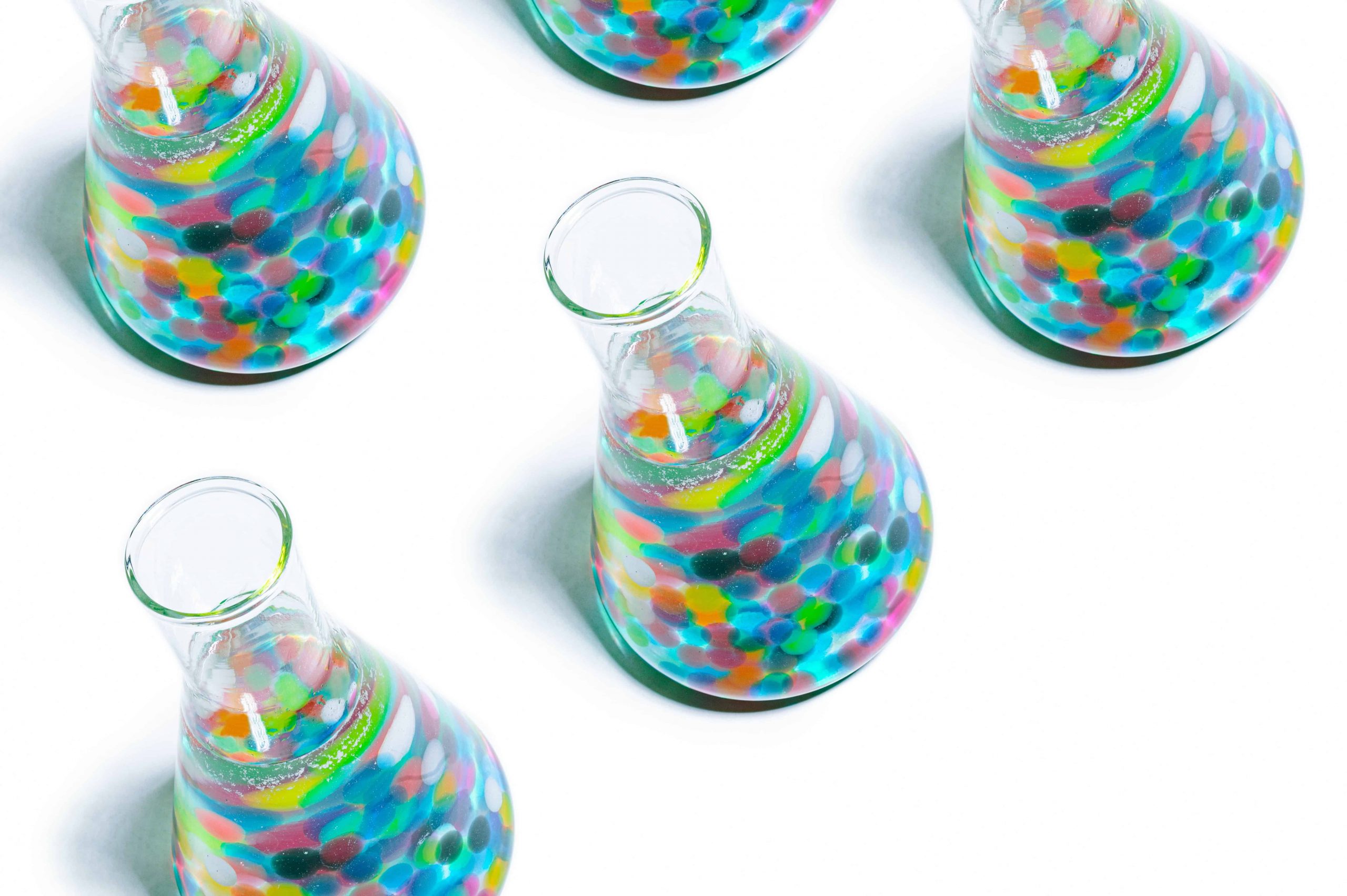
Can you use your brain to reduce stress? Yes you can…
So, you’ve probably heard about the phenomenon called “being overly attached to your phone”? This happens when you become so attached to your phone that you can’t pay attention to anything else. We have become so obsessed with – and stressed out by – our devices that we’ve lost the ability to take pleasure in our lives. “So what do I do?”, you ask? Well one of the ways to relieve stress and anxiety is to use the chemicals, hormones, and neurotransmitters found in your brain.
These things all come together to enable certain functions in the body. But they also serve an important role in the wellbeing by regulating our moods. When you have a better understanding of how these chemicals work, you learn the strategies for managing them naturally.
In this post, we’ll share with you four proven ways of increasing happy chemicals in your body.
Ready for a short science lesson to reduce your stress? Great! Let’s get started.

What Are Happy Chemicals?
I’m so glad you aske, my little mad scientist..
Chemicals get created in various glands in our body. The glands get their instructions from the brain to create these chemicals and they travel through the bloodstream, eventually getting to their destinations.
These various chemicals – also known as hormones – are responsible for managing various bodily systems. They include hormones for managing digestion, heartbeat, sex drive, and so on.
However, they can also make us feel such emotions as joy, sadness, hunger, and energy. Hormones are frequently referred to as ‘feel-good’ or ‘happy.’
These chemicals fluctuate throughout the day, and this is why you feel sluggish in the afternoon or exhilarated as an exciting event approaches.
The Primary Happy Chemicals
Below are the 4 primary chemicals responsible for the happiness levels in our body. Then in the following section, we’ll show you how each chemical affects your feelings of happiness and mood. .
- Dopamine
- Endorphins
- Oxytocin
- Serotonin

4 Ways to Increase Your Happy Chemicals
Want to know a secret? We have a lot of control over these happy chemicals that are created in our brains. How much or how little of them we release really depends on the choices that we make. So let’s explore how we can use this secret to our advantage.

Find Time to Exercise
Physical activity has a plethora of health advantages, many of which have to do with our emotional and mental well-being. Exercise helps us sleep better and boost concentration and memory.
Studies show that when you exercise for at least 20 minutes, your body releases endorphins. This is a feel-good chemical that induces a sense of euphoria. For example, the idea that running can induce a “runner’s high.” is based on endorphins.
Another part of this is the fun fact that endorphins can actually block pain signals. They do this by binding to opioid receptors in the central nervous system. Part of this “runner’s high” is also the fact that the feeling of pain is considerably reduced.
Sweat with Friends
To get the maximum benefit of this wonderful natural mood stabilizer, you should try you best to do group outdoor activities and exercise. This way you may get some natural serotonin flowing into your bloodstream along with those endorphins that are being produced by exercising.
And better yet, you will have fun interacting with other people. Also, doing exercise is more fun if done with others you know. So go ahead, and let ’em see you sweat!
If you want to get some physical exercise but all of your friends are busy obessing on their phones, then try joining a class and exercising with other people. Who knows? You may run into someone interesting, start up a conversation and then get rewarded with a shot of oxytocin from your brain as a side benefit!

Enjoy The Sunshine
If you spend 10 to 15 minutes outside working, nature will make you feel just peachy. According to research, spending about 10 to 15 minutes outdoors works wonders for our moods. That’s because spending that time in nature will increase two of the happy chemicals – endorphins and serotonin, which can improve your mood and make you feel happier.
Sunny Secrets
Even you’re stuck indoors for most of the day, make the effort to spend at least a few minutes outside. This allows you a quick breath of fresh air to refresh your mood rather than just sitting inside. Oh and if the sun is out, all the better. The reason? When you’re outside, your body absorbs Vitamin D from the sun. This activates the production of an enzyme that converts tryptophan into serotonin. Wow!
Here’s another secret. Natural light from the sun signals some specific areas in our retinas to produce serotonin. This phenomenon may explains why some people suffer from Seasonal Affective Disorder (SAD) in winter when the days are shorter.

Feed the Sleep Beast
Let’s face it. A lot of people have misconceptions on the topic of sleep. And to be honest, very few of us have a solid understanding of why they sleep, how they sleep, and when they should sleep. Getting enough sleep is a perfect stress reducer because there is a direct link between sleep and your hormones.
How much is enough?
If you lack the sleep that you need there’s a chemical imbalance that goes on in your body.
Dopamine is especially affected, and accordingly, your moods will swing wildly from euphoric and high to lethargic and depressed. Moreover, if you’re not fully alert in your life, you become disinterested in everything, including your surroundings. Of course, this can lead to your stress levels taking a roller coaster ride throughout the day.
To prevent all that, get anywhere between seven to nine hours of sleep each night. Those few hours can really make a huge difference in your stress levels and your overall health as well. First off, they can assist in improving your mood by regaining the balance of those happy chemicals in your brain. This can help relieve stress and enhance your ability to concentrate and make everything in life just a little clearer.
Tips and Tricks
Here are some tips and tricks to ensure you achieve that precious eight hours’ sleep.
- Don’t drink anything with caffeine at least two hours before bedtime
- Avoid heavy meals several hours before going to bed
- Turn off all screens an hour before bedtime
- Reduce the lighting and noise in your bedroom
- Meditate for at least five minutes before bedtime to relax and reduce stress
- Set up a schedule where you go to bed and get up at the same time, even on weekends (yeah I’ve got to work on that one!)

Conclusion
We’re all looking for methods to manage stress in our lives. As part of this effort, we need to be aware of the impact that our choices and habits have on our brain. This grey matter can help us by releasing these four happy chemicals into our system, which can be a tremedous help in reducing our worry, stress and anxiety. Once we realize that we can help our brain to help us, then we can have a very powerful ally in our quest for calmer and more impactful life.
More From This Category
Affirmations as One of the Methods of Managing Stress
Of all the methods for managing stress, using affirmations can be a one of the most powerful. In this Post we'll talk about using Affirmations as one of many methods of managing stress. We'll dig into the what, why, when and where of Affirmations, and also uncover the...
Living in the Present Moment: Mindful Methods of Managing Stress
Stress can be caused by a variety of factors such as work, relationships, financial issues, and health problems. However, one of the many effective methods for managing stress is by living in the present moment.This post will explore why living in the present moment...




0 Comments